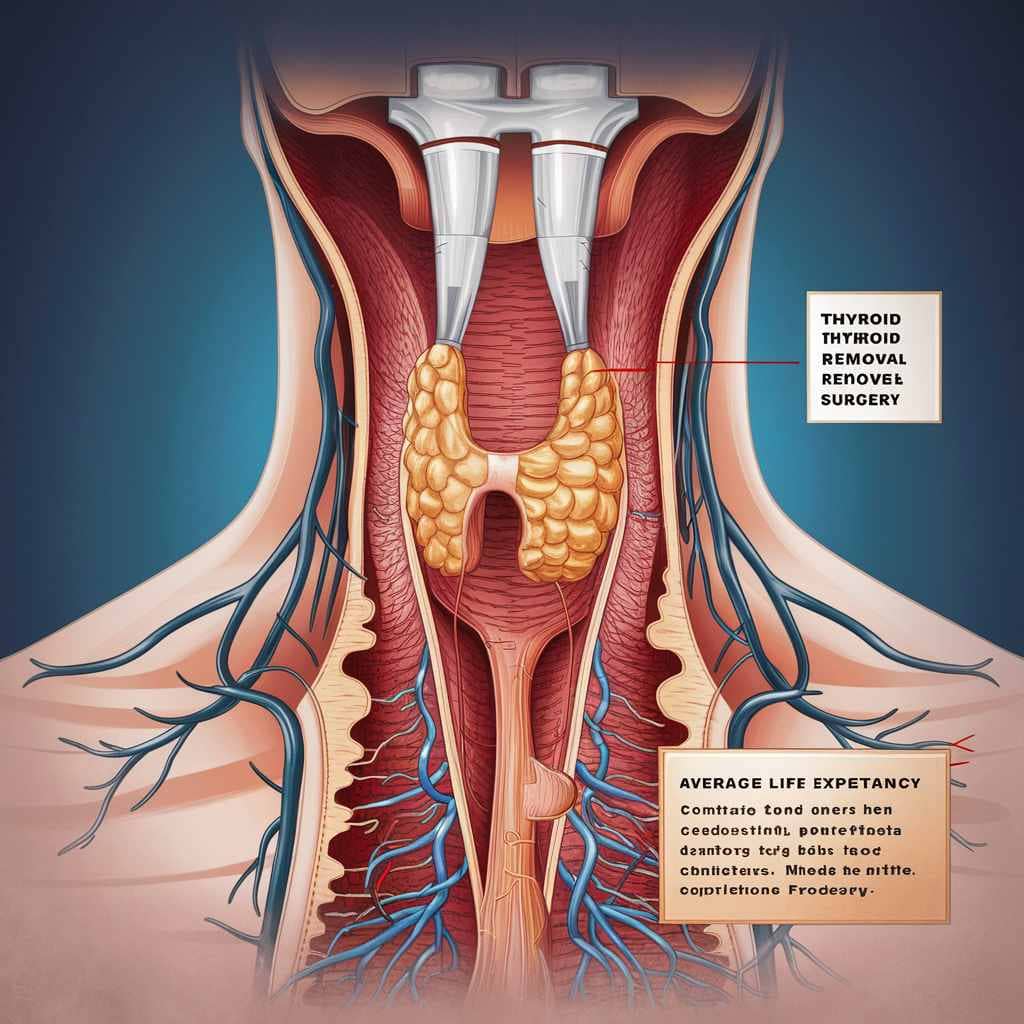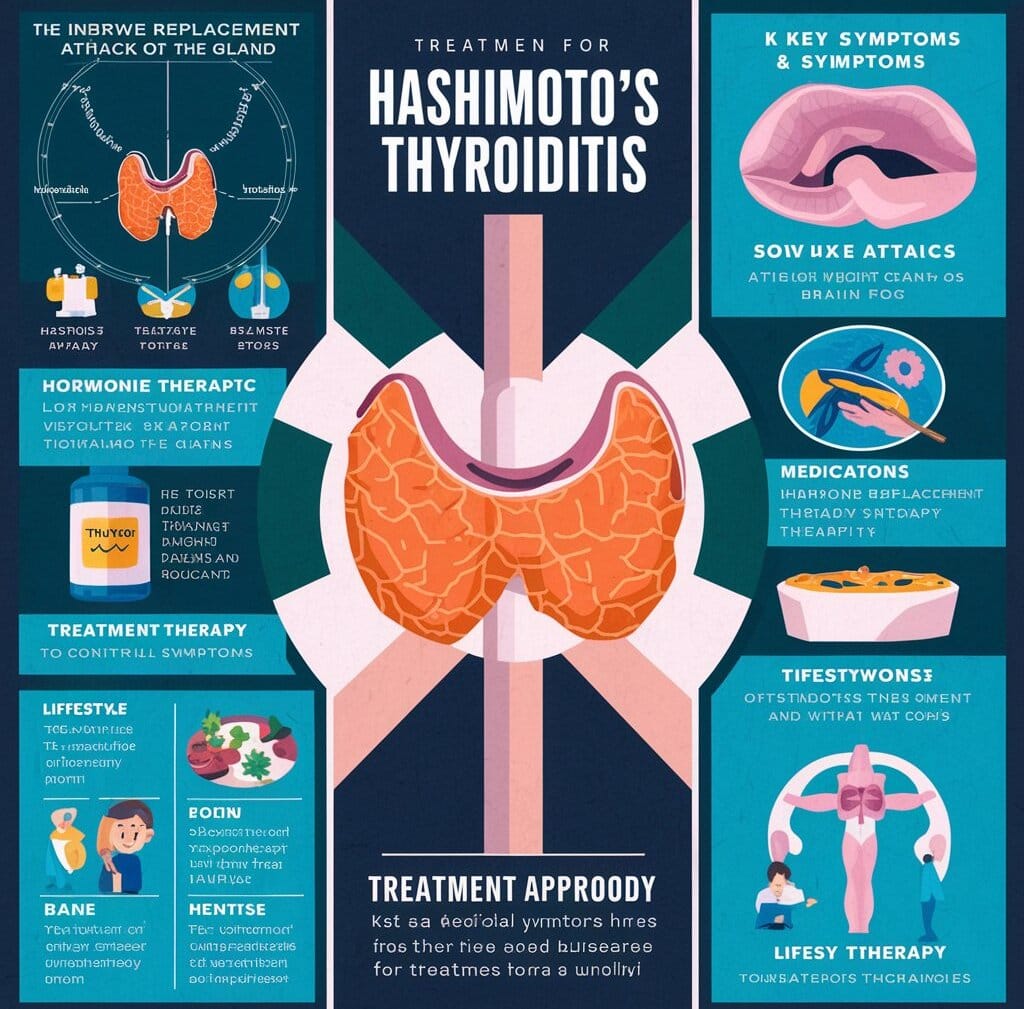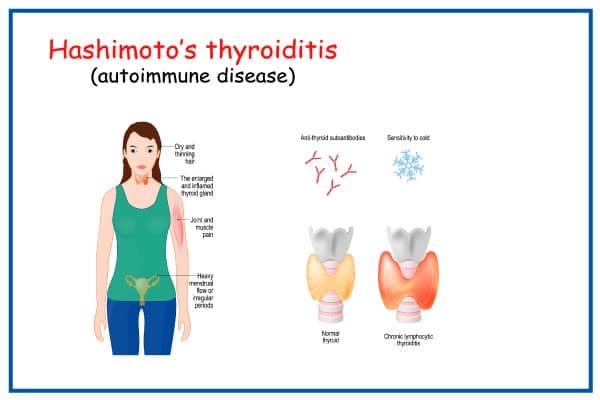Life Expectancy After Thyroid Removal: What You Need to Know

The majority of DTC patients have normal life expectancy after thyroidectomy (35). However, only in some high-risk groups can reduced life expectancy be noted (35).
- Patients over 45 years old at the time of the diagnosis with extensive local tumor invasion, lateral lymph node metastases, or distant metastases have a clearly reduced life expectancy compared to the general population (35).
- Patients above the age of 60 years of diagnosis have greater loss of life expectancy because of these high-risk features than patients aged 45–59.
- However, 86% of DTC patients, even those with TNM stages I–III, have not been known to have impaired life expectancy (35).
The overall QOL in thyroid cancer survivors 5–15 years after thyroidectomy is usually very good, with only a few persisting problems such as worries about test results, numbness/tingling, and shoulder pain
What is thyroid removal?
Thyroidectomy is a surgical operation in which a part or all of the thyroid gland is surgically removed. The thyroid gland is a butterfly-shaped, small gland lying in the front part of the neck, below the larynx. This gland plays an important role in the regulation of many body functions, like metabolism, growth, and development.
Why is thyroid removal necessary?
Removal of the thyroid is indicated whenever the thyroid gland is involved:
- Thyroid cancer: Malignant cells of the thyroid spread to other parts of the body if not treated.
- Benign thyroid nodules: These are non-cancerous growths in the thyroid and may be symptomatic, with symptoms of pain, swelling, and difficulty swallowing.
- Thyroiditis:Inflammation of the thyroid gland can lead to scarring and damage to the gland.
- Graves’ disease: is an autoimmune disorder that causes the thyroid gland to produce excessive amounts of thyroid hormones.
Life Expectancy After Thyroid Removal
The life expectancy after thyroid removal depends on various factors, including:
- Reason for surgery: if surgery was done to extract cancerous cells, life expectancy may be lower as compared to surgery performed to treat benign conditions.
- Age at the time of surgery: The patients who are elderly have a shorter life span than the youngsters.
- Overall health: People with comorbidities, such as heart disease or diabetes, may have a shorter lifespan.
- Thyroid hormone replacement: Taking thyroid hormone replacement medication as prescribed helps them maintain a normal life expectancy.
Studies on Life Expectancy After Thyroid Removal
Several studies have investigated the life expectancy after thyroid removal:
- A study published in the Journal of Clinical Endocrinology and Metabolism According to, the life expectancy of those who underwent thyroid removal due to thyroid cancer compared to the general public was almost similar.
- A study published in the European Journal of Endocrinology indicated that individuals who had undergone thyroid removal for benign thyroid nodules seemed not to have any loss of life expectancy compared to that of the general population.
- A study published in the Journal of Surgical Research by McGarvey et al. reported that Graves’ disease patients who underwent thyroidectomy had a shorter lifespan when compared with the general population due to the autoimmune pathology.
Tips for Maintaining a Normal Life Expectancy After Thyroid Removal
- Take thyroid hormone replacement medication as prescribed. This may help to keep a metabolism normal and prevent complications.
- Follow a healthy diet:Consumption of foods rich in fruits, vegetables, and whole grains can maintain all-round health.
- Stay hydrated: If you drink plenty of water, your skin, hair, and nails will all stay healthy.
- Exercise regularly:This maintains a healthy weight that will reduce chronic diseases.
- Attend regular follow-up appointments: Regular follow-ups with your healthcare provider will monitor the thyroid hormone levels as well as any complications early.
What is the recovery process like after thyroid removal surgery?
Most thyroid removal surgeries take several weeks to a few months for recovery. The time needed to recover is different from person to person, depending on the procedure type, and degree of surgery. Here’s a general overview of what to expect during recovery:
Immediate Post-Surgery (0–2 weeks)
- Hospital stay: You should expect to stay in the hospital for about 1-2 days after surgery to be observed for complications.
- Pain: You will receive pain medication to alleviate pain, usually consisting of oral medications and injectable painkillers.
- Swelling and bruising: You will have some swelling and bruising in the neck area, which should dissipate within a few days.
- Diet: You will be told to avoid hard foods for a few days and then to resume a regular diet at your own comfort level.
- Activity level: No heavy lifting, bending, or strenuous activity for 1-2 weeks.
Short-Term Recovery
- Follow-up appointments: Follow up with your surgeon for monitoring of healing and staple or suture removal.
- Pain and discomfort: Most patients will experience some numbness, tingling, or discomfort in the neck area, which will fade with time.
- Swallowing difficulties: Some patients will have temporary difficulty swallowing or experience a “tight” sensation in the throat.
- Fatigue: Most patients will experience fatigue, which can last for several weeks.
- Medications: You will need thyroid hormone replacement medicine, and you will have your dose adjusted based on your blood tests.
Long-Term Recovery
Return to normal activity level: Most patients can return to a normal activity level, including exercise, by 6-8 weeks after surgery.
- Thyroid hormone replacement: You will need thyroid hormone replacement medicine for life. Your blood tests will guide you regarding when to adjust your dose.
- Follow-up care: You will have to have regular follow-ups with your endocrinologist to have your thyroid hormone levels checked and to change your thyroid hormone replacement medicine as needed.
- Scarring: Surgical scar will continue to heal and fade over months.
- Emotional recovery: Most patients will have emotional ups and downs after surgery. These may include anxiety and depression. Discuss any concerns you may have with your healthcare provider.
Conclusion
Thyroid removal can be a life-saving surgery for people who suffer from thyroid cancer or other diseases relating to the thyroid. Life expectancy after a thyroid removal may differ according to the parameters of the individual, but most likely, the patient will be prescribed a thyroid hormone replacement and will be told to lead a healthy lifestyle to maintain a normal life expectancy.



